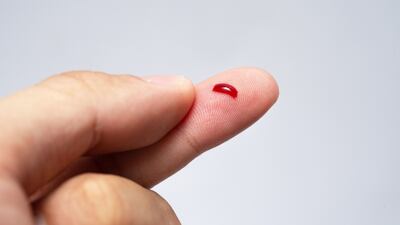Only three months left till the end of the year but 2017 looks more likely than ever to outshine 2016 as a bumper year for medtech venture fundraising. September's takings of around $820.7m, raised from the 23 medtech-related deals that disclosed financial details (there were 25 transactions in all), brought the total takings for the nine months this year to $4.99bn, less than $200m away from 2016's haul of $5.14bn.
Giving a substantial leg up to September's recorded deal value were four big-buck rounds of more than $50m, including two transactions that surpassed $100m. (See Figure 1.) There was also...
Read the full article – start your free trial today!
Join thousands of industry professionals who rely on Medtech Insight for daily insights
- Start your 7-day free trial
- Explore trusted news, analysis, and insights
- Access comprehensive global coverage
- Enjoy instant access – no credit card required
Already a subscriber?




